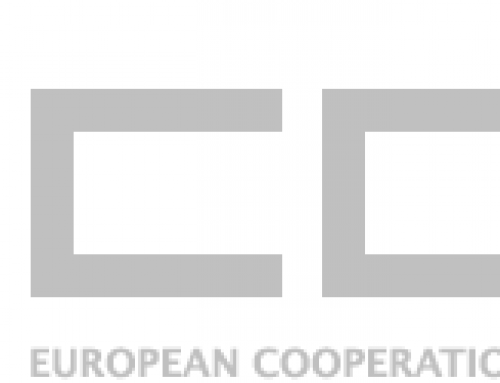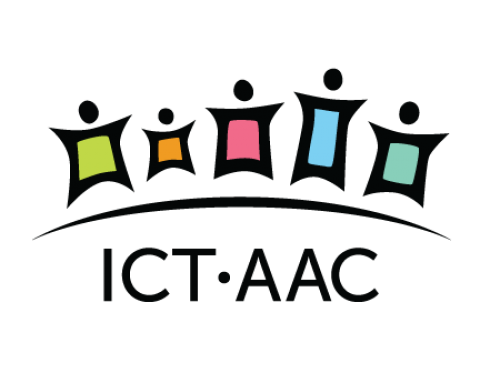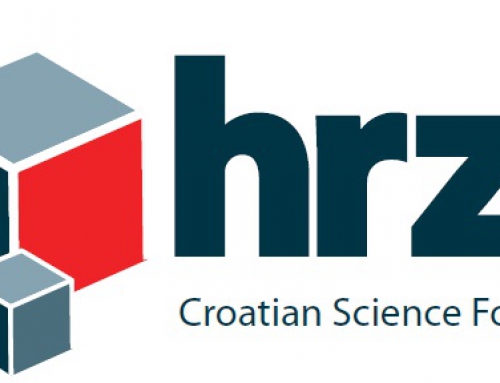Project Description
Advances in Information and Communication Technology (ICT), changes in user lifestyle as well as new business trends have defined new challenges for telecommunication operators. One of these challenges is how to implement “smart social functions” directly into network nodes.
“A Platform for Context-Aware Social Networking of Mobile Users (SmartSocial)” project aims to address this challenge by designing and implementing mechanism and prototyping a platform which derives its “smartness” from combining telecommunication operator’s user data with the available user-generated context-aware data as well as 3rd party external data (e.g., data from social networks). Ericsson will be able to integrate this platform in the network nodes and offer them as the supporting tool for telecommunication operators which want to offer innovative personalized services to its subscribers.
The traditional telecommunication business model was grounded on the ideas of vertical integration where the same business entity (i.e., telecommunication operator) controlled both service/content and network resources. However, due to changes in user lifestyle, technological innovations and new business trends telecommunication market evolved and the novel business model (i.e., Telco 2.0) based on the horizontal integration emerged. This shift from a service to a platform means the Telco 2.0 ecosystem users can acquire service/content from one business entity independently of other business entity that provides them network resources. The challenge in this scenario is to enable telecommunication operators in the Telco 2.0 ecosystem not to act only as the bit-pipes which provide connection service between 3rd party companies who provide added-value service/content on one side and users on the other side.
A possible solution to this challenge is to integrate “smart social functions” directly in the network nodes and enable telecommunication operators to offer advanced services to users. Social networking services are the most widespread Web 2.0 services; implementing these “smart social functions” can produce added value through increasing Quality-of-Service (QoS) (e.g., through service personalization) or by providing new innovative services.



